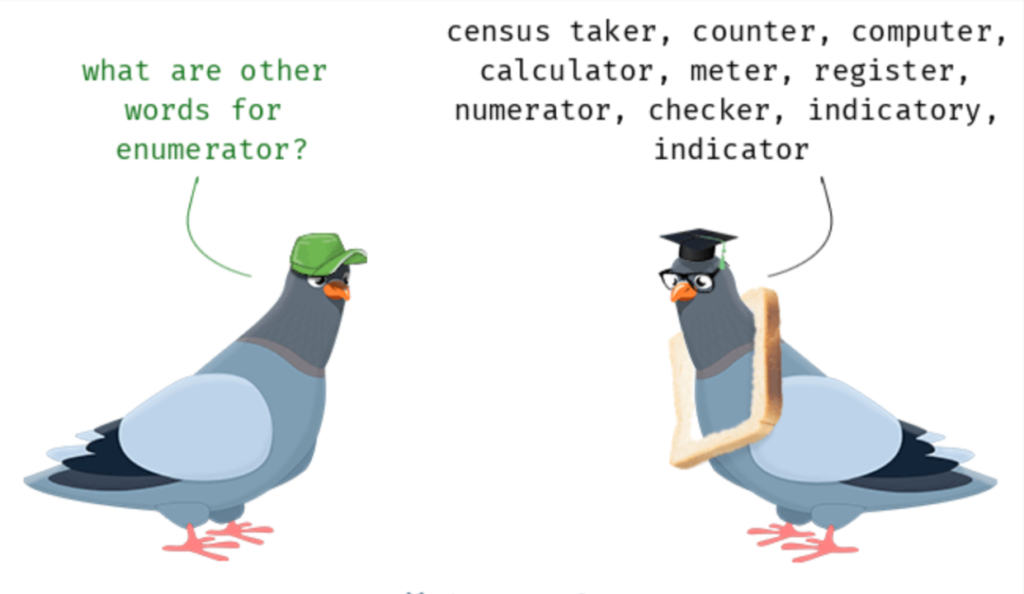Definition
Enumerators are the field worker staff who have to get specific data in a specific time. Their role is to collect data in a specific project. Data may be quantitative as numbers or values, or qualitative as interviews, FGD, KII, or observation. It also may be structure data as numbers, dates, and groups or unstructured data like books, journals, documents, health records, audio, video, images, files, web page, body of an email, or word processor document.

Enumerator’s Skills
Since enumerators are the most important category of staff in the statistical data collection, they should have specific skills to achieve better performance during work. They are in direct contact with the respondents and everything coming later will be based on their collected information. Enumerators’ critical position in the decision-making process predetermines particular skills such as:
- Looking for details
- Good listener
- Dialogue management
- Time management
- Good communication skills
- Patient and tolerant
- Ability to use technology
Rules of Enumeration
Enumerators have to show their commitment to some essential rules during their work. They have to:
- Make a complete interview
- Reassure to the respondent that the collected information will stay confidential and respect his/ her promise
- Do their best to ensure the accuracy of the collected information
- Record the information clearly
- Record the events that occur differently in the planned activities and report them to the supervisor
- Taking detailed notes on each activity or response
Important tips for enumerators
There are some important tips for enumerator that they have to adopt during their work.
Observe not judge
An enumerator has to keep in mind that his/ her work is to observe the work and its impact on the beneficiaries not judge the work itself.
Listen more, talk less
As an enumerator, you have to listen carefully to your respondents and do not enter into vague debates with them and always remember your goal is to collect data.
Take notes
Respondents mention a lot of information during the interview. Some of this information is important and is not mentioned in the questions. Taking notes help in remembering important tips during the filtering data process.
Be clear and leave a good impression
Be clear with your respondents that they will never get any return or benefit from this interview. This interview aims to collect information about the implemented projects. Sometimes people, especially refugees, express their suffering and bad conditions, so try to be patient and show your interest and care without losing the main line of your tasks.
Time management
Time management and communication abilities are very important during FGDs and KIIs. Because these kinds of interviews are open an unskillful enumerator may veer to gossip talking and loss control during the session consequently, he/she will never get a clear data.
In Conclusion
The last step of the enumerator’s work is to filter, organize, and send the last draft to the supervisor who checks and asks about unclear points if found. Enumerators do a hard job as undergoing weather circumstances, meeting a lot of people, and making great physical effort in serving the TPM goals.
About the Author
Nasser Al Issa is a Junior Officer with Trust Consultancy. He has previously worked with several NGOs and i-APS as a data analyst, M&E officer, enumerator, English teacher, and football coach. He values strong relationships and seeks out new knowledge and skills at every opportunity.
Read more about Nasser on LinkedIn.


